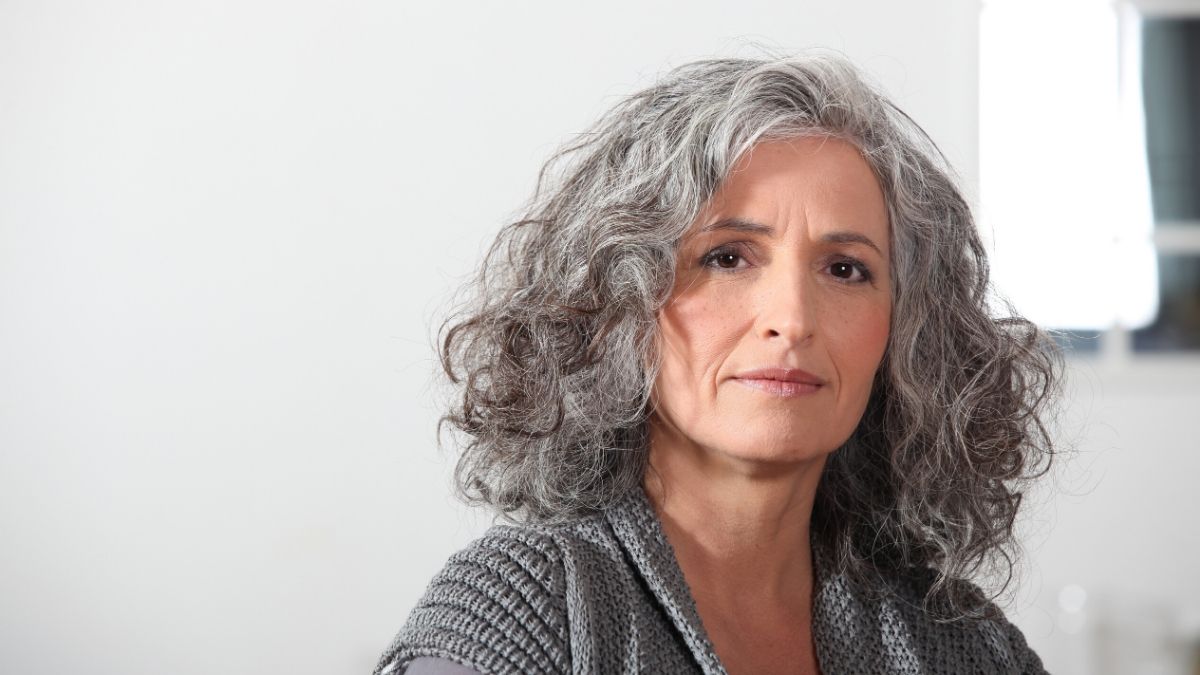I have been told there is «nothing else to do»…now what?
Are there people with migraine who don’t get better despite appropriate treatment?
Every disease has severe forms. In every disease, there are people who do not respond to treatments. People with cancer still die if the treatments do not work. Sometimes people with a refractory migraine keep suffering for years.
That may sound like a grim statement, but it’s important to say it because there is a consequence to it. It means that some people suffer from chronic migraine despite all their efforts, despite all treatments, and it is NOT. THEIR. FAULT. And it is not their health care provider’s fault either. Refractory migraine is a disabling neurological condition.
Should I just give up?
Absolutely not. Hope is necessary and important. But sometimes, people with refractory migraine can find solace through a certain degree of acceptance. Unrealistic expectations and self-blame may lead to ongoing feelings of frustration, guilt, shame etc that are emotionally draining. Working on this can improve your quality of life. Psychologists, coaches and patient support groups can help. Books and even apps are available.
How can I be sure that I have tried all treatments available?
Some lists of advertised “migraine cures” are very, very long.
It is important to know, we don’t “cure” migraine so be suspicious of these claims. This is a neurological disease with genetic causes. Usually, the migraine treatment path starts with official, scientifically approved treatments that have demonstrated the most benefit to the most people. We refer to it as the «first line». These consist of both medication and non-medication strategies. Then, there is the second line (less evidence) treatments followed by third line (even less evidence, potentials, or side effects).
Then, you enter what one can call the “evidence-free zone”. We may name this the “at your own risk” zone. But when you suffer, you are ready to take risks. The goal of the Migraine Tree is to provide an overview of all options that are proven and discuss options that are not proven with a cautious attitude.
I would expect my health care provider to propose more options
Patients have every right to seek more options. This being said, healthcare professionals (physicians and nurse practitioners) are trained to prescribe treatments that are “evidence based” and tested in clinical trials. Once they have recommended treatments that are proven to be safe and effective, they may not feel comfortable recommending “unproven” approaches. When «official treatments» have failed, the healthcare provider might tell the patient that «there is nothing else to do». This is a very difficult situation, on both sides.
Why aren’t there more options?
While it is normal to ask for relief and solutions, it’s important to be aware of the limits of healthcare providers once they have proposed treatments supported by science. Some treatments are not available in Canada for various reasons and your healthcare provider cannot change this. If your nurse practitioner or physician has offered what they can, it might be reasonable to stop the follow-up. This is when an opinion from a Headache Specialist can be an option, but there are definitely not enough Headache Specialists in Canada and waiting lists are long.
What can I do if my healthcare provider has no more options for me?
- Remember that healthcare providers have limits to what they can do or treatment then can offer. Don’t blame them for this.
- Consider an opinion from a specialist with more expertise in managing migraine.
- Work on acceptance that will help you conserve energy for strategies that are within your power. Reset expectations, but do not lose hope.
- Even if the medical follow-up is interrupted, support should be available. This can be provided by other health care providers (eg psychologists) and patient groups.
- Even if you are eager to find relief, be careful about «miracle claims» and «cure advertisements».
- Keep informed about new treatments! The last several years have brought many new treatments to Canada. The science in the field of headache is exploding and Migraine Canada will keep you updated on these developments.
- Consider getting involved in advocacy for better education on headache and for access to new therapies in Canada. The patient voice is important for politicians, and in our public system, it’s very important.
Migraine Canada™ wishes to help people with migraine by providing information and by advocating for better access to treatments.
REFERENCES
Dodick DW. Reflections and speculations on refractory migraine: why do some patients fail to improve with currently available therapies? Headache. 2008;48(6):828-37.
Robbins L. Refractory migraine. Headache. 2015;55(4):575.
Post#905
Tags In
Categories
THE MIGRAINE TREE
- BRANCHES
- ACUTE TREATMENTS
- DEVICES AND NEUROMULATIOIN
- PREVENTIVE TREATMENTS
- PROCEDURES AND INJECTIONS
- SELF-CARE AND LIFESTYLE
- SOCIAL LIFE
- TRUNK
- ROOTS
OTHER CATEGORIES




